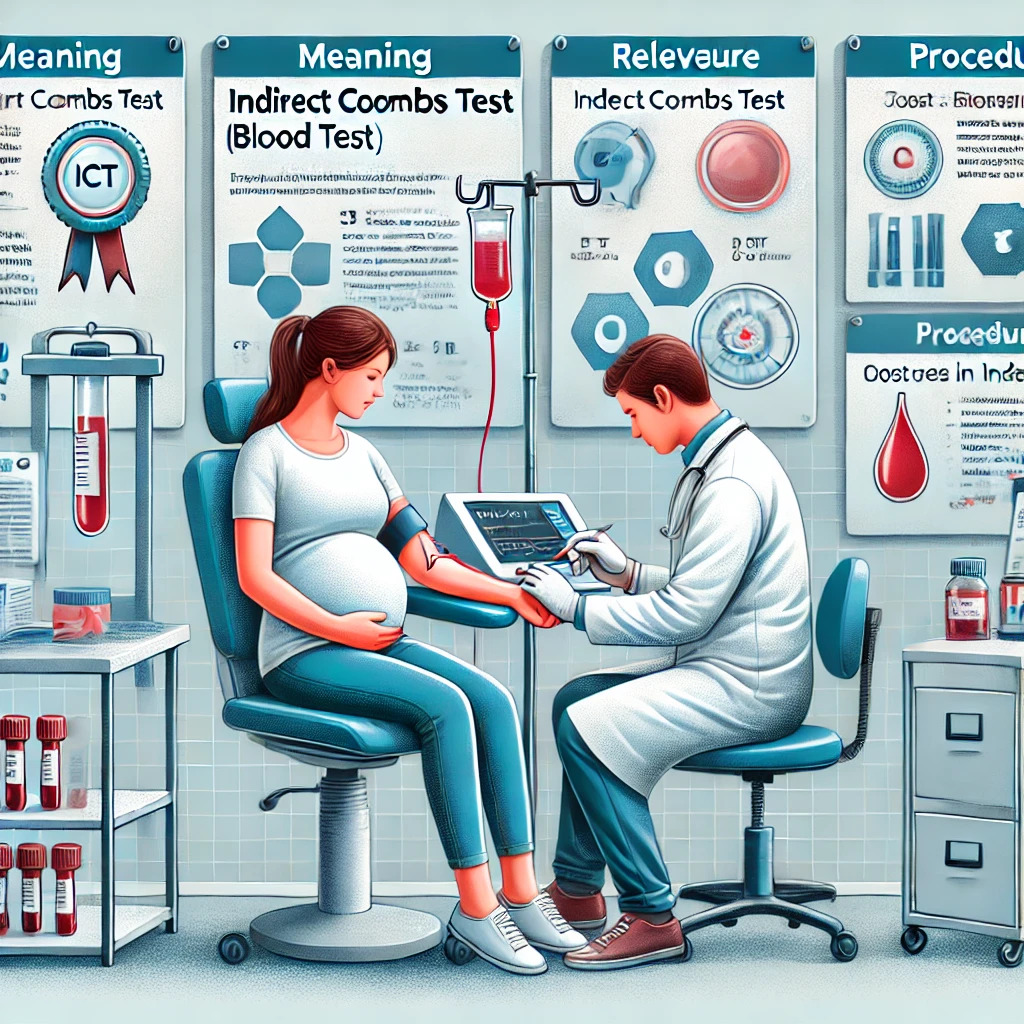Danger Level Of SGPT And SGOT: Symptoms, High And Normal Range
.jpg)
Here, you will learn about the Danger Level Of SGPT And SGOT, the symptoms, the standard and high range of SGPT, and what happens when your SGPT is high.
What is SGPT?
SGPT, or Serum Glutamic Pyruvic Transaminase test, is an enzyme within the aminotransferase group.
SGPT enzyme is also known as ALT or aminotransferase. An SGPT test determines the Glutamic Pyruvic Transaminase (GPT) levels in your blood. It is known that several organs in the body produce this enzyme. However, the heart, kidney, liver, and muscle cells primarily have the most significant GPT in our bodies.
Even though multiple organs produce this enzyme, this test is done to monitor the condition of your liver. Liver enzymes are known to stay within the cells and are not found in the bloodstream at a high concentration.
Thus, if these liver enzymes are in a high concentration in the bloodstream after the liver blood test, it may point toward liver damage or injury. So, a liver blood test or an SGPT test is done to determine if there is any liver injury or liver damage.
The SGPT test does not cause pain or long-term discomfort. It is like any blood test where blood is drawn from the arm and tested.
What happens when your SGPT is high?
Higher than usual SGPT (Serum Glutamate Pyruvate Transaminase) levels generally indicate liver damage or injury. As we already know, our liver contains cells that contain the SGPT enzyme. High levels of SGPT in liver blood tests are detected when the liver is damaged or injured.
Factors like alcohol overuse, fatty liver disease, certain medications, viral Hepatitis, or some medical conditions may be responsible for High SGPT levels.
One of the most common cases where SGPT and SGOT are elevated, with SGPT being higher, is acute viral Hepatitis.
Also Read: - How Much CRP Level Is Dangerous
Symptoms of High SGPT
If your SGPT is high for a short period, you may not notice much physical discomfort. However, high SGPT levels in your liver blood tests may indicate severe health conditions. High SGPT levels may point towards several liver diseases like liver cirrhosis or infections like viral Hepatitis.
It should also be known that certain medications for cholesterol can also elevate SGPT levels in your blood.
Here are some SGPT High Symptoms in your blood:
- Feeling weak
- Having Nausea
- Loss of appetite
- Experiencing fatigue
- Shortness of breath
- Swelling in legs
Danger Level Of SGPT and SGOT Symptoms
SGOT levels alone can rise to dangerous levels during liver complications, heart attacks, or muscle injuries. When SGOT and SGPT are raised together and reach dangerous levels, it means there is an ongoing liver problem and damage to the liver tissue.
These are some of the things that you can experience if your SGPT and SGOT levels reach dangerous levels
- Swelling in the abdomen
- Inordinate bleeding
- Vomiting
- Pain
- Jaundice
- Extra bruising
SGPT Test Means
Most patients need to learn what it means to get an SGPT test. However, at this point, you know that an SGPT test is done primarily to determine if there is any damage or injury to the liver.
If you are a liver patient, your physician will likely ask you to get a liver profile test after particular intervals. This includes an SGPT test.
Getting an SGPT test means a trained medical professional will draw a blood sample from a vein in your arm. This sample will be analyzed at a diagnostic laboratory where the amount of SGPT in your blood will be measured. You can expect to get your SGPT test results within 48 hours.
Also Read: - SGOT And SGPT in Dengue
SGPT Level Chart
Normal SGPT levels chart
| Aminotransferase Enzymes | Normal Range | High |
| SGPT | 5-56 Units/Liter | Greater than 56 Units/Liter |
| SGOT | 4-40 Units/Liter | Greater than 40 Units/Liter |
Normal Range of SGPT
The normal ALT (aminotransferase) levels may differ according to the technique and protocol used by the laboratory while testing the blood sample. However, you can find the general ranges on your blood report. The SGPT tries a standard range of between 7 and 56 units per liter of serum. The average levels of SGOT range between 5 to 40 units per liter of serum.
You should also know that normal levels are the recommended levels. Your physician should see your report and decide based on your history and health status.
If your SGPT levels are greater than 56, it is considered abnormal. You should consult your doctor.
If you find that the SGPT levels in your blood test are greater than 56 units per liter of serum, you should be alarmed. Mildly high levels of SGPT indicate slight damage or fatty liver, while very high levels of SGPT in liver blood tests may point toward severe liver damage or injury.
You should immediately consult your doctor if your SGPT results are consistently high or very high. Your doctor will suggest the best course of treatment and will try to diagnose the underlying issues that are causing your SGPT levels to go so high.
Also Read: - SGPT And SGOT Levels In Jaundice
SGPT Test Price
The price of an individual SGPT test may range between INR 90 and 250. However, the rates may depend on the city and the location of the laboratory. You may have to contact your preferred diagnostic lab and inquire about the SGPT test price.
A doctor should interpret your results because many factors may affect your readings.
Generally, your physician may advise you to get a complete liver profile test done since an SGPT test is not used alone for medical diagnosis. Various enzymes are tested together to make the full liver profile test. A complete liver profile test is more economical and viable since it covers all necessary tests for different liver enzymes.
You can contact us at O-Lab if you have questions about getting an SGPT or a complete liver profile test. Our team of experts will guide you to make the right choice. We offer full body tests and comprehensive packages that cover a variety of tests that can help you monitor your health.
Conclusion:
it's important to know when SGPT and SGOT levels are too high because it signals possible liver issues. If SGPT is elevated, it could mean liver damage, so it's crucial to see a doctor quickly. Pregnant women should be careful with their diet to control SGPT levels. Taking action on time and getting regular liver tests are key to staying healthy overall.





